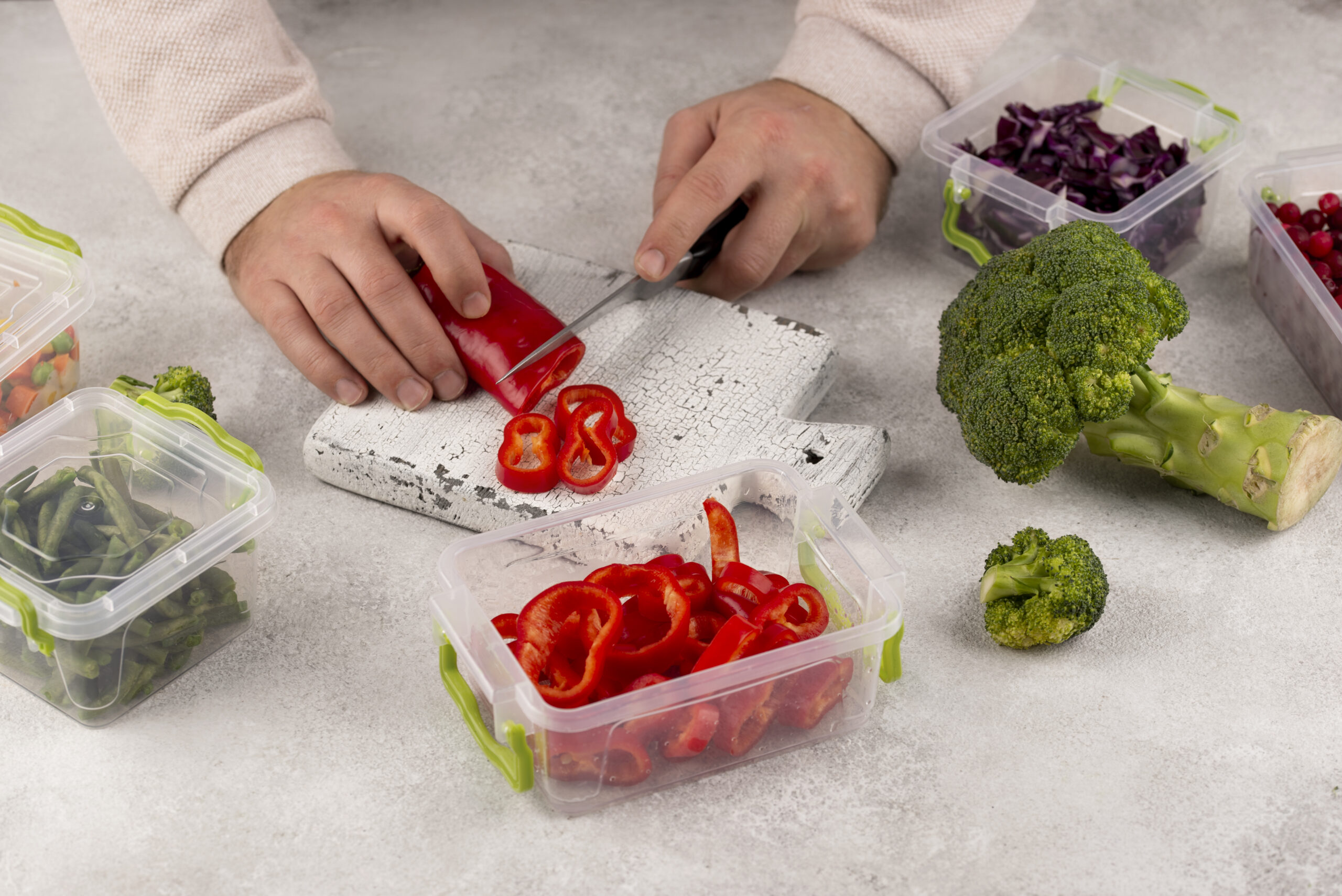Understanding Listeriosis: How Packaged Salads Can Lead to Deadly Outbreaks

Listeriosis, a potentially life-threatening infection caused by the bacterium Listeria monocytogenes, is a growing concern in the realm of food safety. Though often overlooked, packaged salads—a staple in many households—can be a significant source of this pathogen, leading to serious outbreaks. In this article, we’ll delve into what listeriosis is, how it can be contracted through packaged salads, notable outbreaks, and the measures consumers can take to mitigate risk.
What is Listeriosis?
Listeriosis is a foodborne illness that primarily affects vulnerable populations, including pregnant women, newborns, older adults, and individuals with weakened immune systems. The disease can manifest in various ways, from mild flu-like symptoms to severe conditions such as meningitis or septicemia. Symptoms typically include fever, muscle aches, nausea, and diarrhea, but can escalate to neurological issues if the infection spreads.
How Packaged Salads Become Contaminated
Packaged salads, often marketed as convenient and healthy meal options, can harborListeria if proper food safety protocols are not followed during production, packaging, and distribution. Here are some key factors that contribute to the risk of listeriosis associated with packaged salads:
- Raw Ingredients: Many packaged salads contain a mix of leafy greens and raw vegetables, which can be contaminated at any point from farm to table. The bacterium can be present in soil, water, or on the surfaces of equipment used in harvesting and processing.
- Cold Chain Failures: Listeria monocytogenes can grow at refrigeration temperatures, making it crucial to maintain a consistent cold chain from production to consumer. Any lapses in temperature control during transportation or storage can encourage bacterial growth.
- Extended Shelf Life: Packaged salads often have a longer shelf life due to preservatives. While this is beneficial for convenience, it can lead to consumers keeping products longer than recommended, increasing the risk of spoilage and contamination.
- Cross-Contamination: Improper handling practices at home, such as using unclean utensils or surfaces, can easily transfer Listeria from contaminated salad ingredients to other foods or surfaces, compounding the risk.
Notable Outbreaks Linked to Packaged Salads
Several outbreaks have brought attention to the risks associated with packaged salads. For instance, in 2019, an outbreak linked to prepackaged salad products caused numerous illnesses across multiple states. Investigations revealed that the contaminated salads contained Listeria monocytogenes, highlighting the vulnerability of even processed foods.
Preventive Measures for Consumers
To reduce the risk of listeriosis from packaged salads, consumers should take the following precautions:
- Check Expiration Dates: Always check the expiration date before purchasing and consuming packaged salads. Avoid products that are close to or past their sell-by date.
- Proper Storage: Store salads in the refrigerator at or below 40°F (4°C). Ensure that the refrigerator is set to a safe temperature and avoid leaving salads out at room temperature for extended periods.
- Thorough Washing: Although many packaged salads are labeled as pre-washed, it’s a good practice to wash them again before consumption to remove any potential contaminants. Wash hands and surfaces before and after handling food.
- Stay Informed About Recalls: Follow food safety news and stay updated on recalls related to packaged salads or other food products. If a recall is issued, dispose of any affected items immediately.
- Avoid Cross-Contamination: Use separate cutting boards and utensils for raw salads and other foods, especially those that will be consumed raw.
Conclusion
While packaged salads are often considered a healthy choice, they can pose significant health risks if contaminated with Listeria monocytogenes. Understanding the ways in which these products can become unsafe is vital for consumers looking to protect themselves and their families. By staying informed, practicing safe food handling, and adhering to food safety guidelines, individuals can enjoy the convenience of packaged salads without jeopardizing their health. Awareness and vigilance are key in preventing listeriosis outbreaks linked to these seemingly innocuous products.



